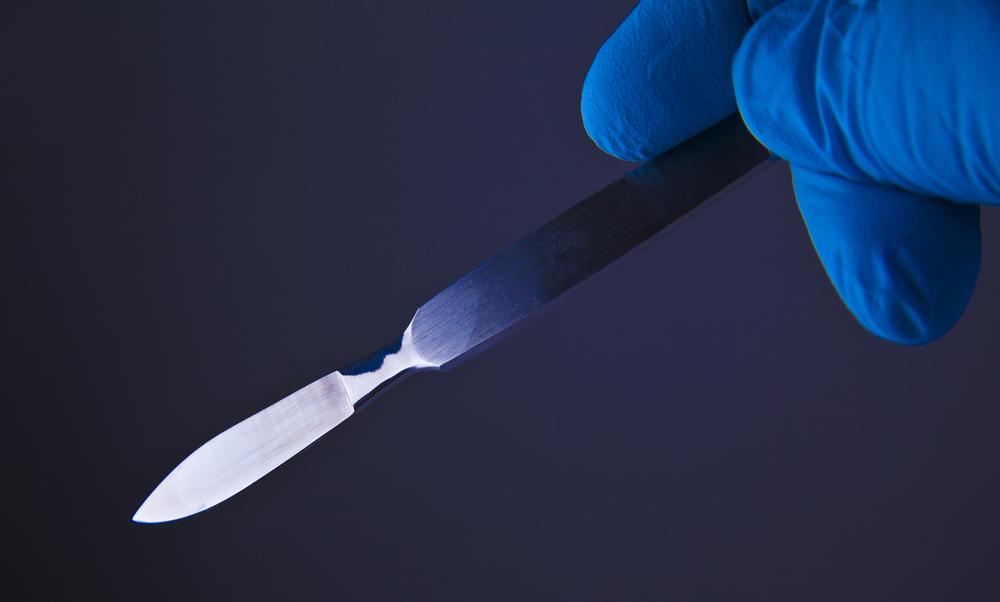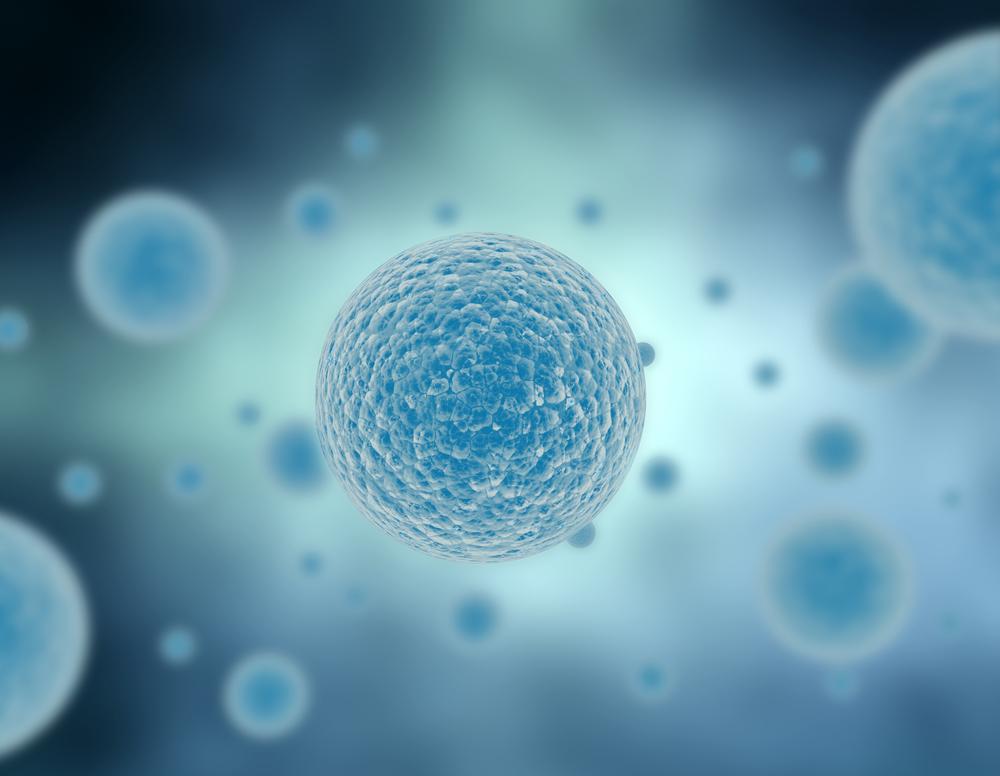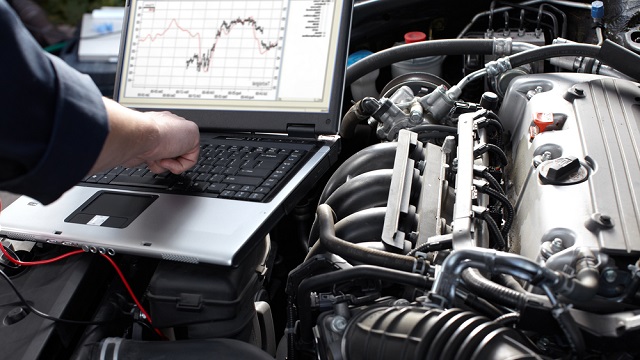Surprising Science
All Stories
In case you were holding out any hope: Students at the University of Leicester have calculated exactly how long it would take to teleport a human from Earth to a point in circular orbit. The short answer: A really, really, really long time.
Influenced by a study showing that “range anxiety” was a big barrier between consumers and electric cars, the German automaker decided to make sharing of a traditional car available for long trips.
Using a technique called optogenetics, which can activate and cause brain cells to fire by shining light on them, neuroscientists at MIT have successfully activated false memories in the brain.
Given the overwhelming evidence that smoking cigarettes dramatically increases one’s chances of getting cancer and heart disease, studies have often asked after the personality of a smoker.
The photon energy in low-level laser light is currently known to aid in cellular regeneration, from regrowing lost hair to reversing the effects of arthritis, by increasing blood flow to the affected areas of the body.
By studying the genetic make up of plants that thrive in hot, dry conditions, scientists expect to be able to modify ordinary food crops to grow more efficiently while producing greater yields.
A team of Japanese scientists have created an ultra-light weight polymer skin, complete with electronic sensors, that could help develop new medical implants and smart skin for prostheses and robots.
University of California-San Diego researchers have created a wearable biosensor that measures lactate levels in sweat in real time. Future iterations could transmit data to a smartphone app via Bluetooth.
The sensor knows: Taiwanese researchers have created a prototype of an implantable device that may one day give dentists and others insights on patients’ oral habits and hygiene.
Online data fed directly into the brains of human beings via a “software/wetware” interface? We’re closer than you think. But the impact on humanity may be devastating.
The pocket-sized breathalyzer uses sensors to measure and calculate acetone levels — a key indicator of fat breakdown — and sends data to a smartphone app within 10 seconds.
If it runs Android, you can install an app, created by designers at the University of California-Berkeley, that will let the phone crunch data during downtime.
Virginia Military Institute professors have designed a rover that attracts and kills ticks as it crosses an area. Tests show a kill rate of between 75 and 100 percent.
For five months out of every year, the citizens of Rjukan live in the shadow of neighboring mountains. That won’t be the case this year.
Postifier is a tiny device that uses infrared light to determine whether the mailman has paid a visit, and then notifies the recipient when they and their smartphone are within easy reach of the mailbox.
The aptly-named Pee Analyzer sends results to an RFID card that’s given to the patron at the start of his evening in exchange for his car keys.
Finnish company Uniqul will soon release a system that allows participants to pay for their purchases simply by looking into a camera. Facial recognition software connects them to their bank account.
The Norwegian prison system believes that taking revenge on prisoners for their crimes, by taking away their rights, is counterproductive to the more important goal of rehabilitation.
A new study challenges the notion that sex addiction is a legitimate mental disease by showing that the brains of diagnosed individuals do not respond abnormally to images of sexual content.
A medical researcher at Imperial College London has created a smart knife which can tell doctors within three seconds if a group of tissue is cancerous or not, making biopsies possible during operations.
Recent studies have validated the essentially one-sided story that popular vitamin supplements are associated with high incidents of cancer, heart disease and death.
A pair of French researchers have discovered a virus of record-breaking size and mysterious genetic make up. Only seven percent of its genetic code matches that in existing databases.
A new review of 21 hunter-gather societies indicates that competition for territory may drive conflict, and that when territory is not up for grabs, widespread aggression generally does not occur.
Taking a pill could one day replicate many beneficial effects of exercising, according to a pair of studies that successfully simulated physical workouts at the cellular level.
Although the agency refuses to confirm it, the CIA is helping to fund a study that will determine how and whether tinkering with the climate could impact national health, not to mention security.
A Latvian designer has created a urinal that includes a shallow sink built into the top. It’s economical too: When the person washes his hands, the water used rinses the urinal basin as well.
At the Black Hat security conference later this month, two Spanish engineers plan to demonstrate a $25 gadget that can take over a car’s electronics.
One closely-debated theory has been that heavy metals were a byproduct of collisions between dense dead stars. Now, an event observed through NASA’s Swift satellite may have provided a literal “smoking gun.”
By using a new method of crystallization, inventor Michael Graetzel says that the cells’ power conversion efficiency has shot up to 15 percent, putting them on a par with traditional silicon photovoltaics.
The 23-year-old space telescope may be a few years away from retirement, but its eye is still good: The newly discovered 14th moon is only 12 miles in diameter.





























